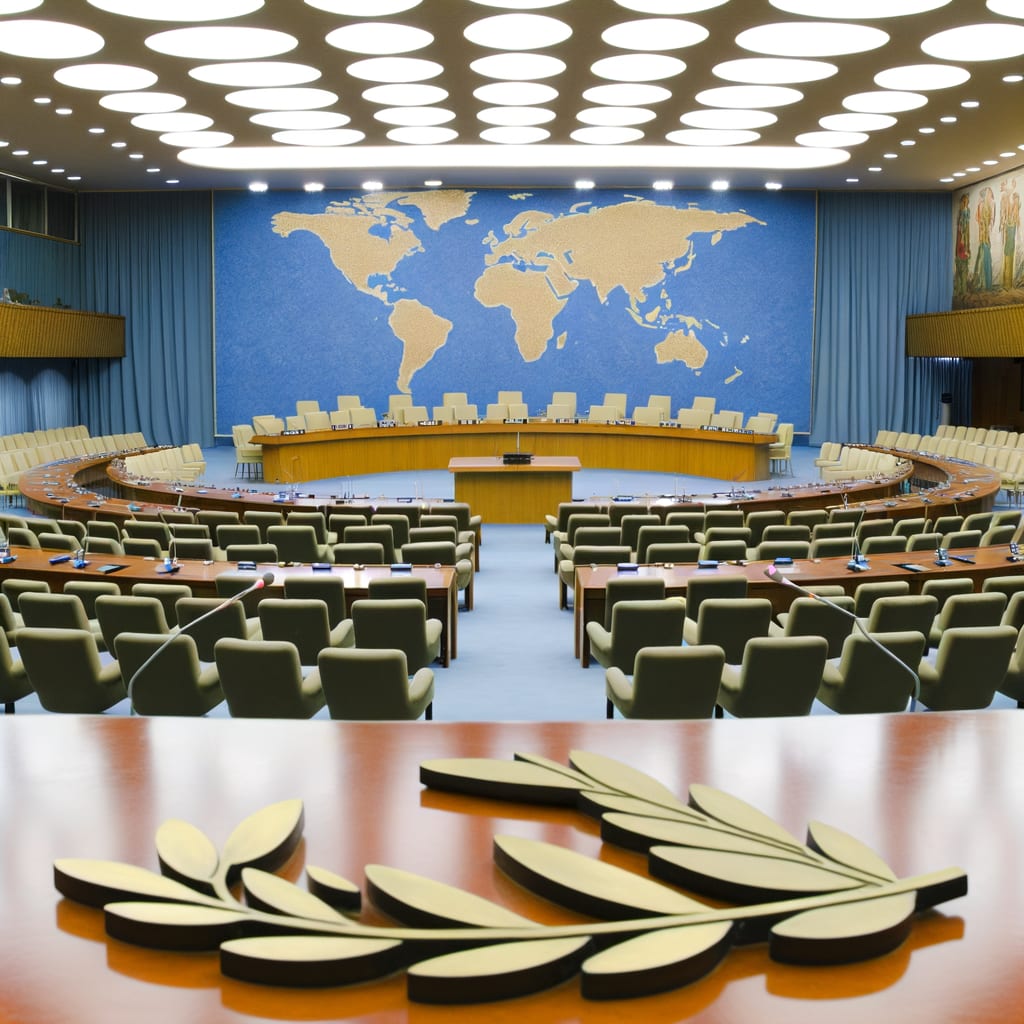Belgium to Recognise Palestinian State, Announces Sanctions on Israel
Belgium has announced its plan to recognise the State of Palestine at the upcoming United Nations General Assembly, in addition to imposing firm sanctions
against Israel. The move, announced by Belgian Foreign Minister Maxime Prevot, adds to growing international pressure on Israel, following similar decisions by other Western countries including Australia, Britain, Canada, and France.
Background and Context
This decision underscores a growing trend among European countries seeking to exert pressure on Israel to halt attacks in the Gaza Strip, after nearly two years of conflict. The move comes as new Israeli airstrikes were reported in Gaza and in the wake of an increasing humanitarian crisis in the region. Prevot stated that the decision was made in light of the humanitarian tragedy unfolding in Palestine, particularly in Gaza.
Key Developments and Details
According to multiple reports, Belgium will not only recognise Palestine's statehood, but will also impose 12 'firm sanctions' on Israel. These include a ban on the import of products from illegal Israeli settlements in the occupied West Bank, a review of public procurement policies with Israeli companies, and designating two Israeli government ministers and several violent settlers as persona non grata in Belgium.
This announcement from Belgium, which hosts the headquarters of both the EU and NATO, carries considerable weight. It follows similar moves by other nations, with French President Emmanuel Macron stating in July that France would also recognise a Palestinian state at the UN meeting. Since then, more than a dozen other Western countries have echoed this sentiment.
Implications and Reactions
As the international community increases pressure on Israel, the Israeli government has reportedly considered countermeasures. Israeli Prime Minister Benjamin Netanyahu is said to be discussing plans to impose Israeli sovereignty over the West Bank, a move that could further escalate tensions.
Meanwhile, the United States has reportedly denied or revoked visas for approximately 80 Palestinians, including the president of the Palestinian Authority, Mahmoud Abbas, for the upcoming UN General Assembly. This move has sparked criticism from the EU, which has urged the US to reconsider its decision.
Conclusion and Current Status
With 147 of the 193 member states of the United Nations already officially recognising Palestine as a sovereign state, Belgium's decision adds to the growing momentum towards global recognition of Palestinian statehood. The move also signifies increasing international pressure on Israel to respect international law and halt its military actions in Gaza. However, the unfolding situation reveals a complex geopolitical landscape, with potential countermeasures from Israel and US policies potentially hindering Palestinian representation at the upcoming UN meeting.

